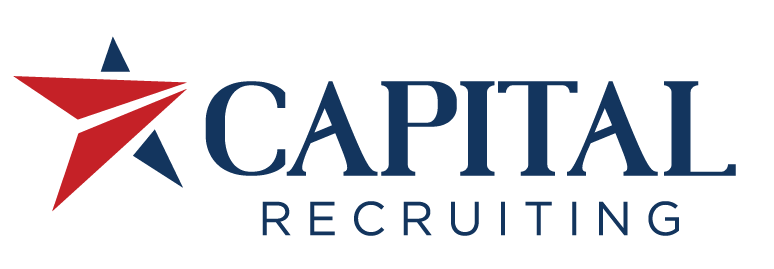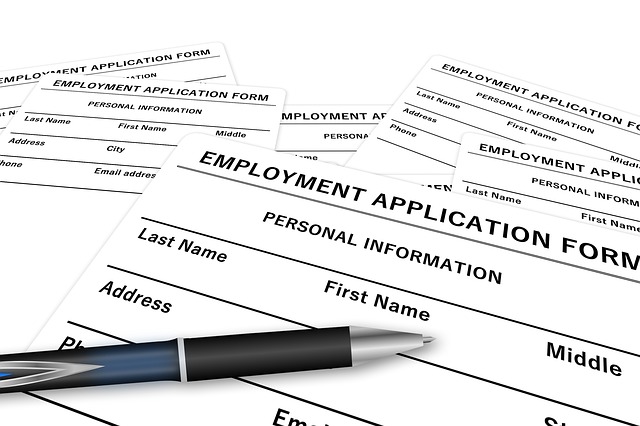
Benefits Of Working With a Recruitment Agency
February 23, 2021
How to Answer Questions in an Interview – Prepare in Advance
March 1, 20213 Basic Three Questions All Job Seekers Must Answer Flawlessly
A job seeker spends hours creating the perfect resume, painstakingly honing every detail so that it’s perfect. Their resume stands out and gets them an interview, but they focused so much on their resume that they forgot how to answer questions in an interview. It’s a vicious pattern to fall into so this blog post is going to show you how to avoid it.
The truth is that your resume is only the first step. It’s the tool used to get into the interview, but that interview is what will actually get you the job. You have to know how to answer questions in an interview so that you can give yourself the highest chance of being selected.
Let’s start with the basic questions that everyone is going to ask. They are so common that it’s expected for you to have the perfect responses but stay away from clichés. No one wants to hear about how your greatest flaw is that you’re too much of a perfectionist. Seriously, this type of response will make you the laughing stock of the office water cooler chat.
Interviewers will normally use these three questions as an appetizer to the beefy parts of the interview.
#1: “What Makes you Qualified for the Job?”
This is a traditional question that everyone should expect to receive, although some interviewers will word it in a creative way. No lesson on learning how to answer questions in an interview would be complete without reviewing this one.
Start by understanding what information the interviewer is trying to determine. The technical details are on your resume so don’t regurgitate that information to them. Instead, touch on minor details that might have been left off. Your motivations are one area that might appeal to the interviewer. Showcase a method you use to distress if a task frustrates you. The interviewer is trying to identify whether your personality makes you a good fit for the company.
#2: “Why Did you Apply for this Job?”
This is another cookie-cutter question that you’re sure to get so be prepared. The interviewer is digging to make sure you understand the job position and its requirements so be prepared to answer this one thoroughly. Be specific about why you are a good fit. Avoid cliché responses and also don’t repeat technical details that are on your resume.
Feel free to get a bit creative here. Touch on your previous employer and how they relate to the interviewer’s company values. Prepare a few examples of work in a previous position that might match those that you’ll experience with the new company.
#3: “Tell Us Why We Should Hire You.”
Humility is not required with this question. Without sounding arrogant, explain why you are a great fit for the job and how you excel above other candidates. It’s okay to boast about unique experiences that make you a better fit than others.
The interviewer is trying to dig a little deeper than your resume to see why you might be a good fit. A problem here is that people are so conditioned by the humility that they are skittish with this question. Confidence is essential to being in the IT industry so don’t be afraid to showcase your talents.
How to Answer Questions in an Interview that Relate to Previous Co-Workers

Now we’re going to address one of the biggest mistakes that people make in an interview. For some reason, they think it’s okay to talk negatively about previous employers and/or co-workers. I’m going to be blunt here. No matter how bad your previous employer might have been, never speak negatively about them in an interview. Don’t even use sarcasm. We’ve all had bad job experiences.
With that said, the way you answer these types of questions professionally is to use this step-by-step process.
- Describe a specific situation as an example related to the question. Be detailed.
- Explain the challenge of the related task and the responsibility of all team members.
- Tell the interviewer the action your team took to addressing this challenge.
- Describe the result of the action.
Even if you feel like you contributed more, don’t say that. Just be professional about it and you’ll get a much better reaction.
Tips for Acing a Job Interview
I’m going to wrap up this blog post by listing a few additional tips on acing the interview. Remember that getting a job goes beyond just learning how to answer questions in an interview. Smart employers will know that applicants prepare in advance so they pay attention to smaller details.
Patience is a Virtue
Interviewers are going to move at varying speeds so be patient, even if they speak frustratingly slow. Never interrupt them. Believe it or not, sometimes they do this on purpose to make sure you’re paying attention and to test your response. Listen carefully to the whole question to avoid miscommunications.
Pause for a moment after the question is asked before you answer. Take two or three breaths to collect your thoughts. Then speak slowly, clearly, and with authority. Avoid phrases like “I suppose” or “I guess.” Be confident in your words.
Finally, another really neat trick to nailing an interview is to describe something unique about yourself. It doesn’t even have to be related to the job. Limit this to one thing though. If you posted a cool (appropriate) video on YouTube, then mention it! Let them see your creative side. The IT Industry requires creative thinking to troubleshoot certain unique problems so creativity will go a long way.
Final Thoughts About Job Interviews
Always remember that listening during a job interview is the most important skill. You cannot answer questions if you’re unclear. This is your moment to shine to try to make the most of it!
If you need help learning how to answer questions in an interview specifically related to the IT Industry, then feel free to check out even more free content in this blog.




